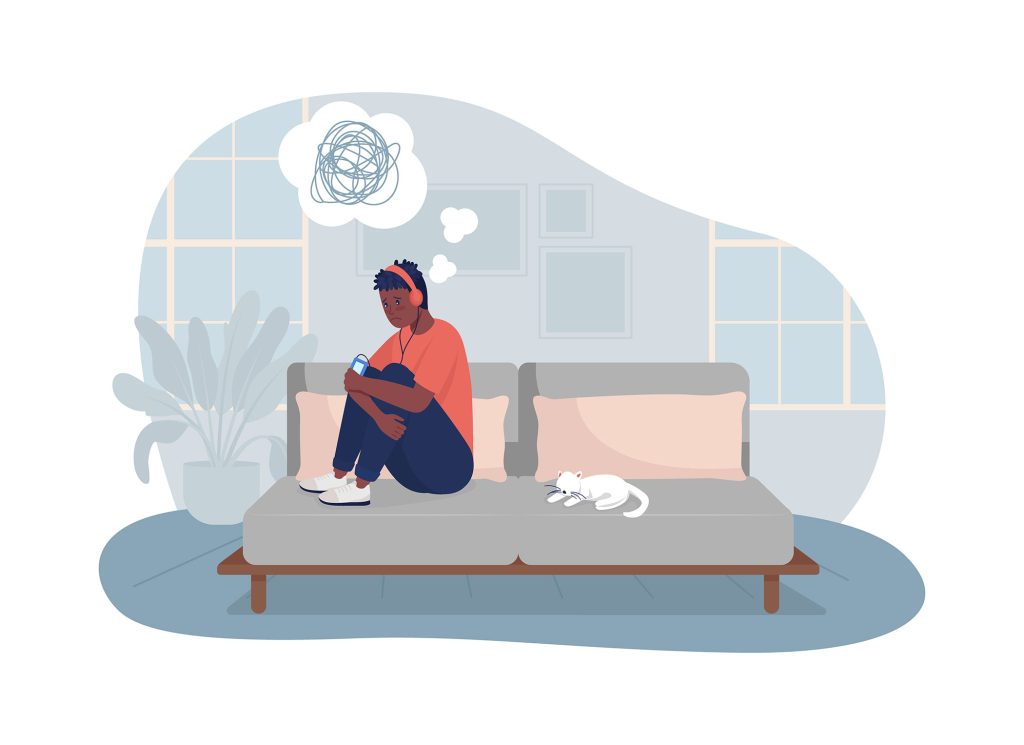
We often think of freedom as not having chains, walls or locked doors, which are things we can see. There is another kind of freedom that isn’t just strong, but it can be harder to find at times. It is the freedom to speak your mind, get your voice back, and move on from the problems of your past. James Palmer’s unbroken soul is a great example of how stories can help people get this kind of freedom. Unbroken soul is more than just a memoir or a story about being strong. It also talks about things like child trauma, racial injustice, prison, and emotional abuse. It becomes a mirror for everyone who has ever been silenced, misunderstood, or defined by their past. Palmer speaks out about his own pain and the cultural silence surrounding racism, the youth justice system and the long silence that comes from trauma when he chooses to tell his story. This post talks about how telling stories, especially very personal ones, can be a powerful way to be free and change lives. And how books like unbroken soul push us all to speak up before the silence kills us.
The power of telling your own story
Taking back your story might be the best way to heal. People have been telling James Palmer’s story for a long time, and through police reports, the court systems , and society’s assumptions. It was like the stories of so many young Black boys who are stuck in a cycle of poverty, abuse, and being treated unfairly by the government. In Unbroken Soul, Palmer takes the pen back. When you own the story, you can change it. You are no longer a victim of someone else’s stereotype or judgment.
Getting Past Shame
Silence makes shame grow. It gets stronger when we keep our problems, our worst times, and our regrets to ourselves. This is especially true for people who have been in jail or who have had to deal with the shame of having a criminal record, being an addict, or being abused. Unbroken Soul doesn’t shy away from any of those harsh truths. Palmer talks honestly about what it was like to be in juvenile detention, how it changed his dreams, and the emotional scars it left behind. By doing this, he gets rid of his shame. When you speak your truth, you tell the world and yourself that you are not your mistakes. You are not what happened to you. You are a person, and your story is important. That is what it means to be free.
Using stories to fight back
In a world that often ignores or demonizes the voices of the marginalized, telling your story is a way to fight back. Palmer’s voice comes from places where many people don’t speak up, like youth prisons, inner-city streets, and broken families. His story is different from the usual ones that give people a number or a picture of them. It says, “Look at me.” The system doesn’t know who I really am. This is very important because racism, classism, and unfairness in institutions still have a big effect on many people’s lives. Storytelling fights back. It needs care, and respect.
How Your Story Can Help Other People
Palmer’s personal stories do more than bring the author back to life; they change readers in deep ways. Someone, somewhere, will read Unbroken Soul and feel like they are finally being understood. What it says will give a teen in a juvenile detention center hope. A parent who is sad about what their child does will learn to be nicer. A teacher or policymaker will think about how to help teens who are having trouble. By bravely talking about his pain and strength, Palmer becomes a mentor to others who are going through the same things. That’s the ripple effect of real storytelling: it makes healing for one person healing for everyone.
From Pain to Purpose: How to Make Pain Meaningful
Unbroken Soul is powerful not only because it shows struggle so honestly, but also because of what it says about potential. Even though Palmer had to deal with childhood trauma, the emotional effects of being in prison, and problems with getting back into society, his story is one of victory. It’s clear what he means: your past doesn’t decide your future. Most people live with their pasts, thinking that they can’t be happy or successful because they were hurt, messed up, or broken. Pain can make life worth living. You can show bravery by having scars. When you tell your story, you not only heal yourself, but you also help others get through their own pain.
Writing to Make Things Better and Fairer
Unbroken Soul and other books like it don’t just make you feel good; they also teach you things. They show how broken systems need to be fixed, like the juvenile justice system, the prison pipeline, and how young Black boys are treated in the US. Palmer’s life story makes readers think about the bigger, more systemic problems that are going on. You can’t ignore the problems with a society that punishes kids instead of raising them. His book is more than just a story about his life; it’s a call to action. That’s the magic of writing. It doesn’t just free the author. It makes people care about others. It stands up to unfairness.
You can always tell your story.
We can always tell our story, no matter how old you are, you have the right and duty to tell the truth. People often believe they missed their chance to write down or tell their story. They might believe that no one will care. They might be scared of being judged. Books like Unbroken Soul remind us that every voice matters and every story needs to be told. If you’re still alive, your story isn’t over yet.
Conclusion
It’s hard to tell your story. You have to be brave, take chances, and want to face the parts of yourself that you’ve been hiding. But it can also be the first step toward freedom that sets you free. This is true, as shown by James Palmer’s Unbroken Soul. It reminds you that you can still get up, no matter what you’ve been through or how broken the world tried to leave you. You can still improve. And you can still make a difference in people’s lives, even your own, with your voice. If you have a story inside you, don’t wait for the right time to write it. This is the right time. Let yourself go








